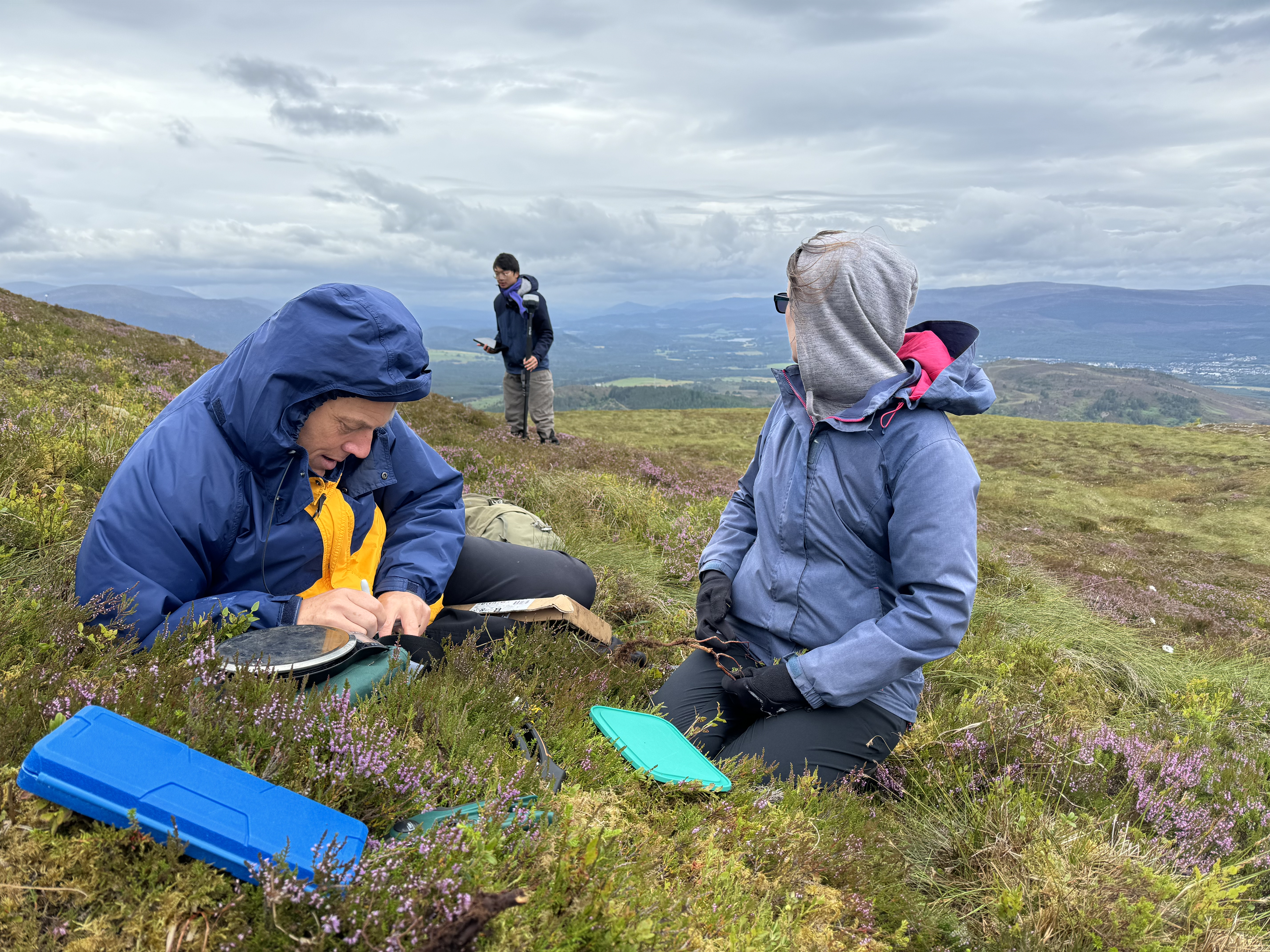I don't normally announce funded grants (preferring to focus on outcomes), but I'm really excited by this one and couldn't resist! Myself and my colleagues Srinivasan Keshav (from computer science), David Coomes (from Plant Sciences), Andrew Balmford (from Zoology) and Neil Burgess (the Head of Science at UNEP-WCMC) have just received a £1.2m grant from the UKRI to work on building foundation models for planetary intelligence.
Now, normally a grant isn't news, but I wanted to highlight the scheme that it came under. UKRI announced an interdisciplinary program specifically for projects that don't normally get funded by just one research council. In our case, this work usually falls between the cracks of EPSRC ("too much nature") or NERC ("too much engineering") or STFC ("not enough satellites"). But this interdisciplinary program expressly assembled a panel across all these areas, and collectively gave us a shot. I really hope this scheme continues to gather steam within the UKRI.
As to what we're doing? There'll be the evolution of the work described in Remote Sensing of Nature and Mapping LIFE on Earth, with lots of domain knowledge that we're pulling together with our partners at UNEP-WCMC (especially Neil Burgess and Ian Ondo) on plant and animal species distributions across the globe.

1 Learn more
You can read more both in the UKRI announcement today and in the Cambridge Computer Science coverage about what we're up to. Some exciting preprints about our work in this space so far:
- LIFE: A metric for mapping the impact of land-cover change on global extinctions is our new metric for calculating biodiversity impacts worldwide in a comparable way. We intend to extend it to cover plant species.
- Food impacts on species extinction risks can vary by three orders of magnitude connects up the biodiversity metric to supply chains to figure out the environmental impact of human food consumption on the planet. We intend to increase its resolution significantly with the new foundation models derived from remote sensing data.
- Terracorder: Sense Long and Prosper is a battery-efficient sensing platform I'm working on with our Imperial buddies. We need more data about our planet!
